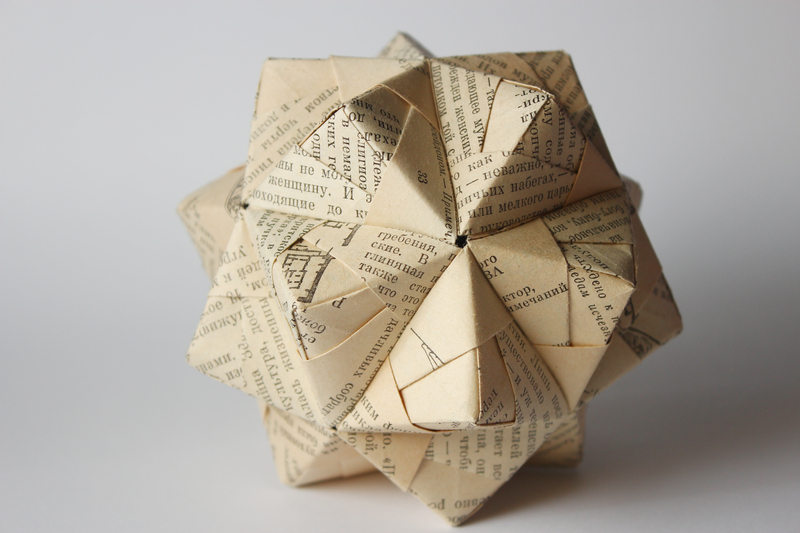Household Waste Reduction Tips for Families: A Complete Guide
In today's world, finding effective household waste reduction tips for families has never been more critical. With environmental concerns on the rise, many families are looking for simple yet powerful ways to minimize waste at home. From food scraps to plastic packaging and beyond, every small effort counts towards a healthier planet. This comprehensive article will explore family waste reduction ideas, sustainable habits, and practical solutions to help your household cut down on unwanted waste.
Why Focus on Household Waste Reduction?
Every year, millions of tons of garbage end up in landfill sites. A significant portion comes straight from our homes -- food waste, plastic containers, disposable items, and more. By learning to reduce household waste, families can:
- Save money by making the most of what they buy
- Protect the environment by limiting landfill space and pollution
- Set powerful examples for children about sustainability
- Conserve valuable resources for future generations
Adopting household waste minimization strategies doesn't have to be complicated. With the following actionable tips, your family can start making a difference right away.

1. Rethink Your Shopping Habits
Buy Only What You Need
It all begins at the store. Reducing food waste at home starts with intentional grocery shopping. Make a list before you shop, avoid impulse purchases, and resist bulk buying for items that expire quickly.
- Plan weekly meals to use ingredients efficiently.
- Check pantry, fridge, and freezer before shopping.
- Say no to extra packaging by choosing loose produce and items in minimal wrapping.
Choose Products with Less Packaging
Select products in recyclable or compostable packaging whenever possible. Bring your own reusable produce bags and shopping totes to cut down on single-use plastics.
Buy in Bulk (When Appropriate)
Buying in bulk can help reduce packaging waste. Opt for items with a long shelf life like grains, nuts, and beans, and store them in reusable containers at home.
2. Practice Smart Food Storage and Preparation
Store Food Correctly
An estimated one-third of all food produced is lost or wasted. Proper food storage can significantly reduce how much ends up in your trash.
- Keep vegetables in breathable bags or containers in the fridge.
- Know which items (like bananas and tomatoes) release ethylene gas that spoils others faster.
- Date leftovers and organize the fridge so older items are used first.
Embrace 'Zero Waste' Cooking
Reduce household food waste by:
- Using vegetable scraps to make homemade stock.
- Turning stale bread into croutons or breadcrumbs.
- Creatively repurposing leftovers for new meals.
3. Compost for a Greener Household
Composting is one of the most effective eco-friendly family waste reduction tips. By turning food scraps and yard waste into nutrient-rich soil, you reduce landfill use and help gardens thrive.
Start Simple
Many communities offer composting bins or pickup services. If not, a small backyard composter or indoor worm bin works perfectly for most families.
- Compost fruit and vegetable peels, coffee grounds, eggshells, and some paper.
- Avoid adding meat, dairy, or oily foods to home compost bins--they attract pests.
4. Switch to Reusable Alternatives
Single-use items are among the biggest contributors to household waste. Swap commonly discarded products for reusable versions:
- Glass or stainless steel water bottles instead of plastic
- Cloth napkins and kitchen towels over paper products
- Reusable snack bags and lunch containers
- Silicone baking mats in place of parchment paper
- Beeswax food wraps as an alternative to plastic wrap
5. Recycle Right: Educate the Whole Family
Proper recycling is crucial for minimizing household waste. Unfortunately, many recyclables are thrown away due to confusion or contamination.
Learn Local Recycling Rules
Recycling guidelines vary by city and region. Familiarize everyone in your home with what can and cannot be recycled. Place clear labels on bins and make it easy for kids to participate.
Rinse and Sort
Always rinse food residue off recyclables. Keep paper, plastic, glass, and metal separate if required by your local facility.
Recycle More Than the Basics
Some communities offer programs for batteries, electronics, light bulbs, and textiles. Seek out drop-off points or special recycling days in your area for harder-to-recycle items.
6. Donate, Sell, or Repurpose Old Items
Before tossing things in the bin, consider if they can enjoy a second life elsewhere:
- Donate gently used clothing, books, toys, and household goods to local charities or shelters.
- Sell unwanted items through garage sales, resale shops, or online platforms like Facebook Marketplace.
- Repurpose or upcycle items--turn old T-shirts into rags, jars into storage, or furniture into something new.
7. Practice Minimalism and Mindful Consumption
Cutting down on household clutter is a great way to minimize waste. Aim to buy less and choose higher-quality, longer-lasting items.
- Adopt a "one in, one out" rule--when bringing in something new, donate or sell something you no longer use.
- Focus on experiences (like family outings) rather than material goods.
8. Kids and Waste Reduction: Making it Fun and Easy
Teaching children to be conscious consumers pays off for years to come. Encourage kids to participate in family waste management by:
- Letting them decorate recycling and compost bins
- Organizing regular "clean-out" days for toys and clothes
- Challenging them to pack zero-waste lunches
- Setting up fun reward systems for eco-friendly habits
9. Try DIY and Homemade Alternatives
Making your own cleaning products, snacks, or personal care items can cut down on packaging and chemical waste.
- Use vinegar, baking soda, and lemon juice for many natural cleaning needs.
- Bake snacks or granola at home instead of buying individually wrapped portions.
- Create simple personal care products (like sugar scrubs or bath salts) using ingredients from your pantry.
10. Support Eco-Conscious Brands
Vote with your wallet by seeking out businesses that prioritize sustainability:
- Buy from companies with minimal packaging or refill stations.
- Choose biodegradable or reusable products whenever possible.
- Favor brands that take back used goods for recycling or upcycling.
Bonus: Household Waste Reduction Challenge
Transform these tips into action with a fun, family-friendly challenge!
- Track your garbage and recycling for a week. See what you throw away most.
- Set a goal to reduce waste by a specific amount next week.
- Celebrate your progress with a special reward or eco-friendly family outing.

Frequently Asked Questions About Home Waste Reduction
Q: What is the easiest way for a busy family to reduce household waste?
A: Start small! Bring reusable bags to the store, switch to refillable water bottles, and set up a recycling station. Gradually incorporate more changes over time.
Q: Does composting really make a difference?
A: Absolutely! Even a small composter can divert hundreds of pounds of food scraps from landfills each year, reducing methane emissions and creating valuable soil.
Q: How can I get hesitant family members on board with waste reduction?
A: Make it fun, easy, and rewarding. Share facts about environmental impact, and let kids pick out reusable supplies or decorate sorting bins.
Q: What household items can I recycle that I might not know about?
A: Items like batteries, old electronics, eyeglasses, textiles, and even some plastics not accepted in curbside bins can often be recycled at local facilities--check with your municipal waste authority.
Conclusion: Small Steps, Big Impact
Household waste reduction for families isn't about perfection -- it's about progress. Every reusable bag, compost heap, and mindful purchase makes a difference. By adopting household waste reduction strategies, families save money, protect the planet, and teach the next generation the value of sustainability. Start today with a few simple changes, and watch as your home's environmental footprint shrinks -- one smart choice at a time.
Ready to begin your family's waste reduction journey? Share your progress with friends and neighbors -- together, we can all build a greener, cleaner future for our families and our planet.